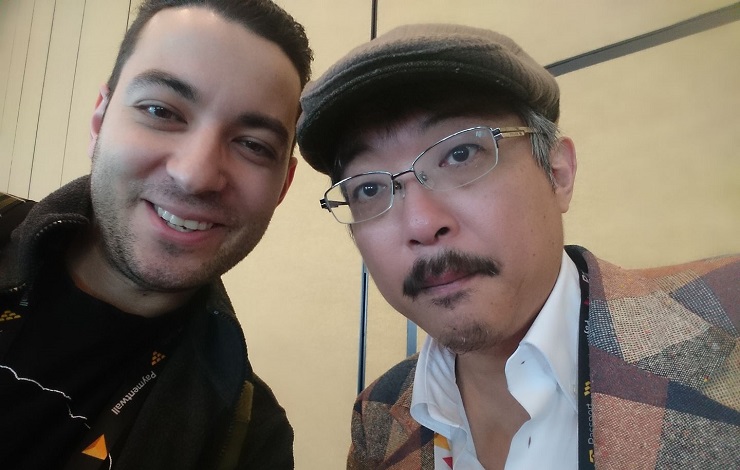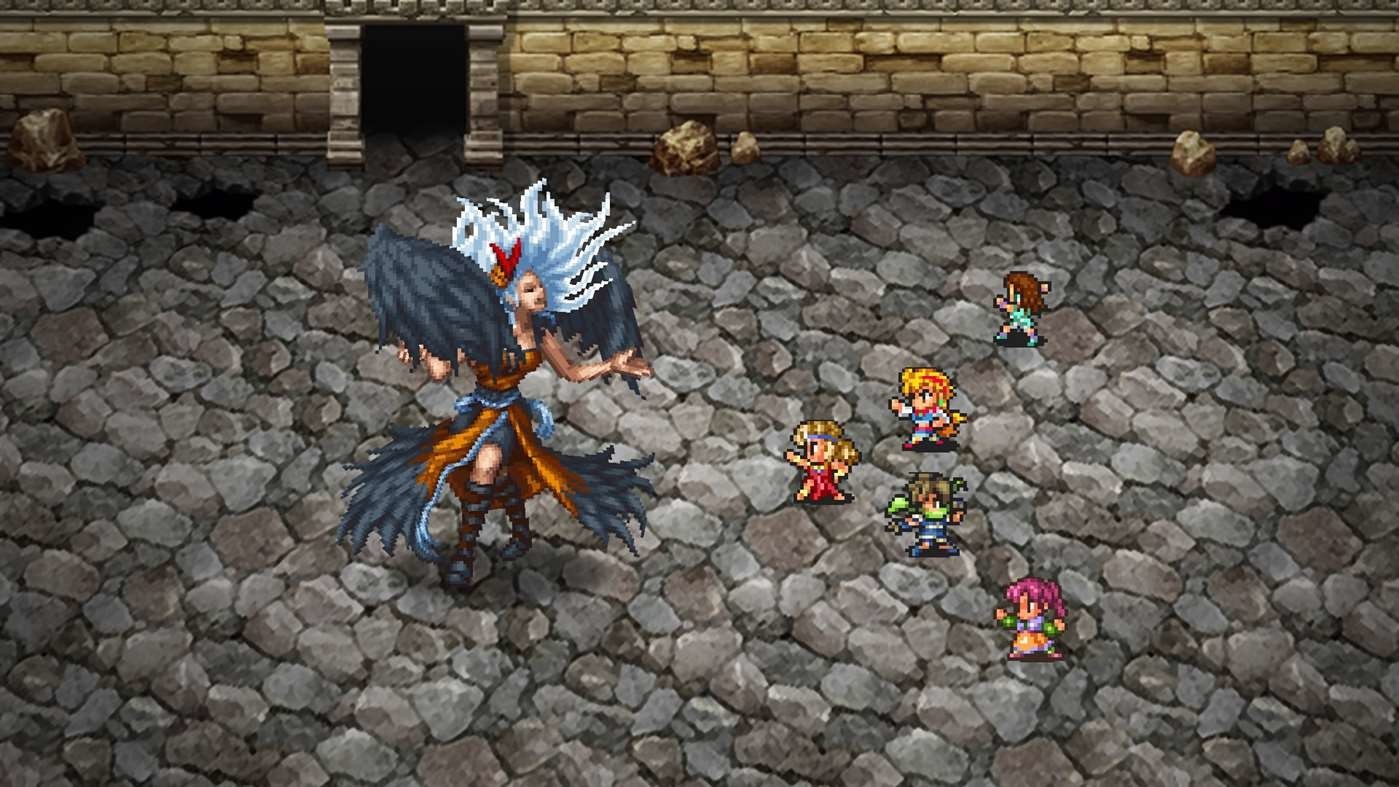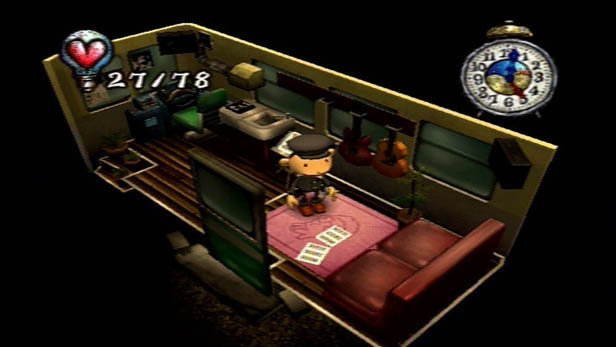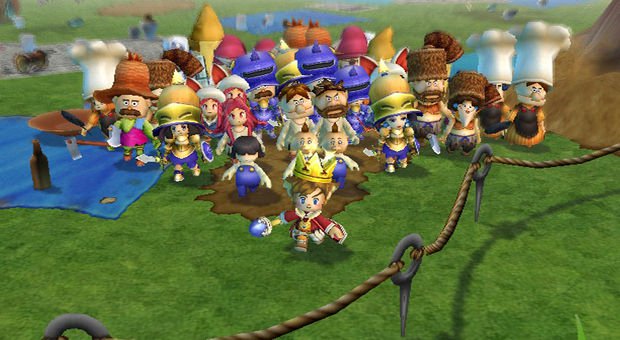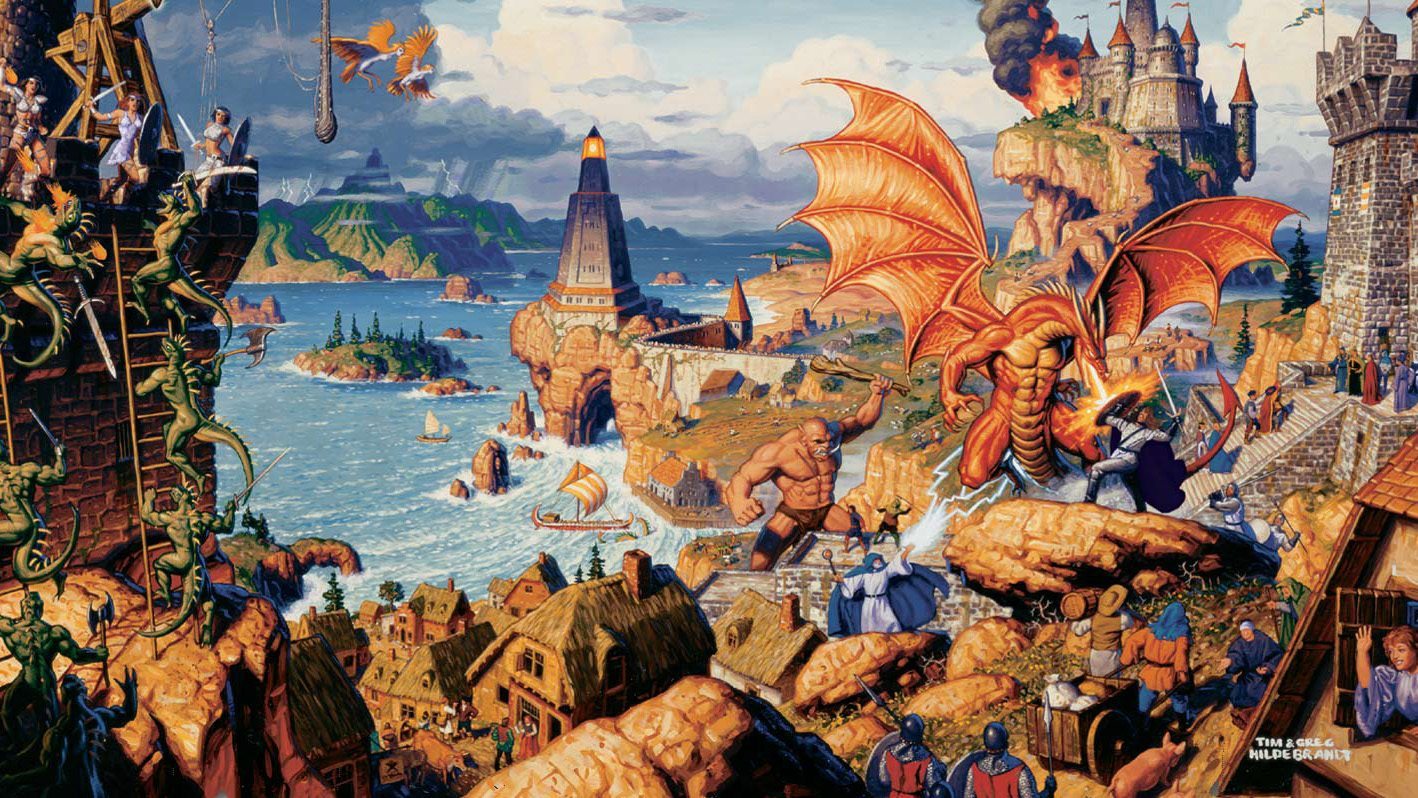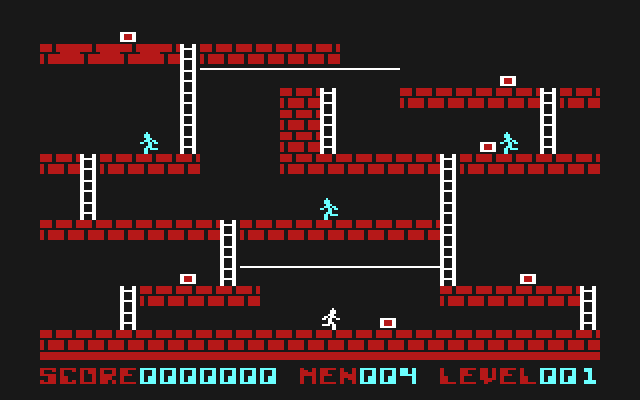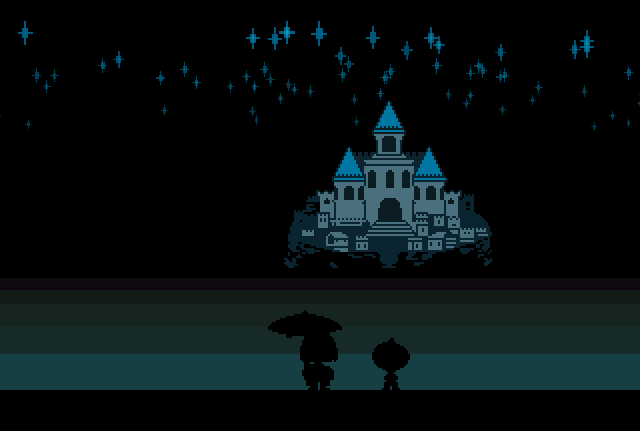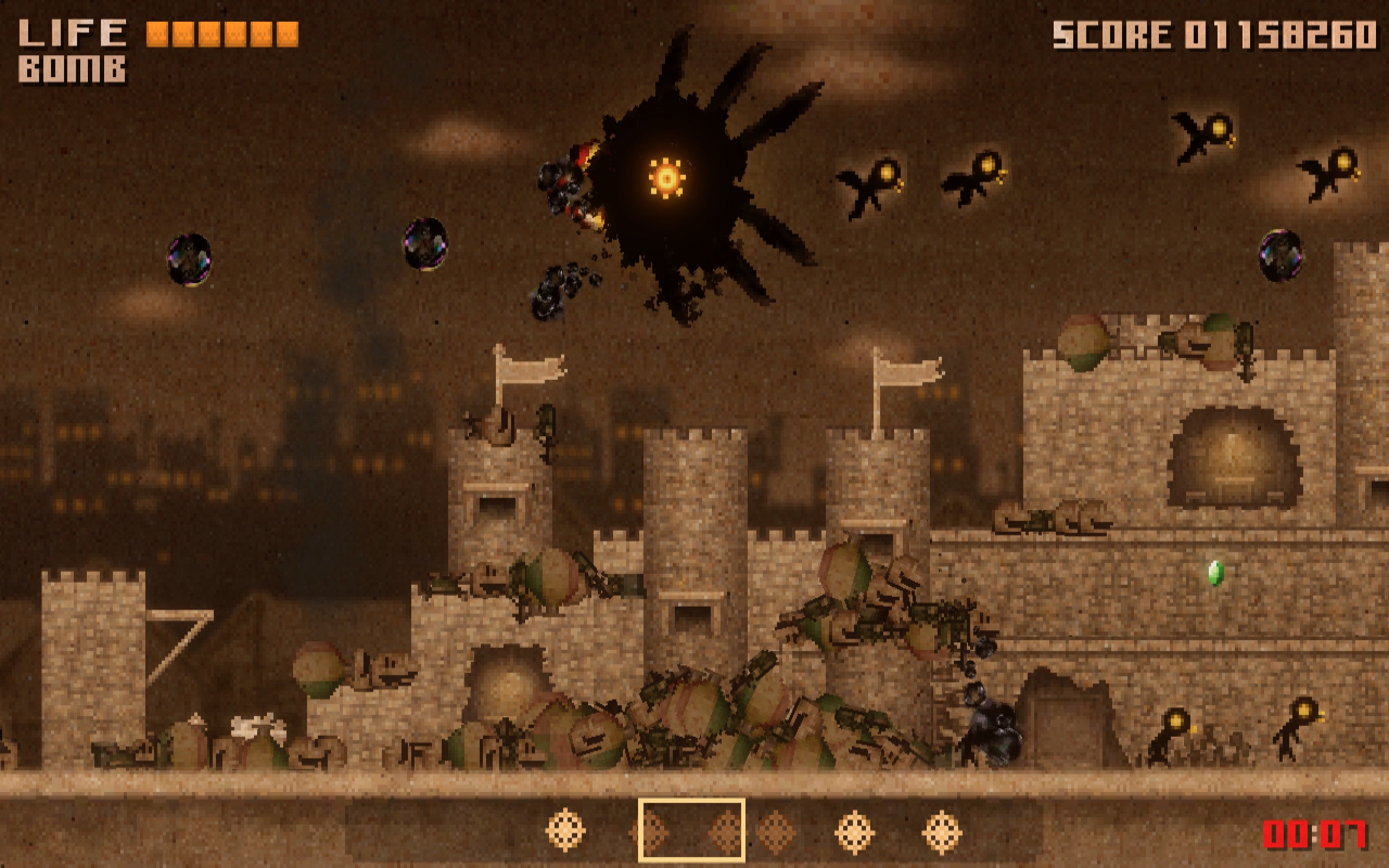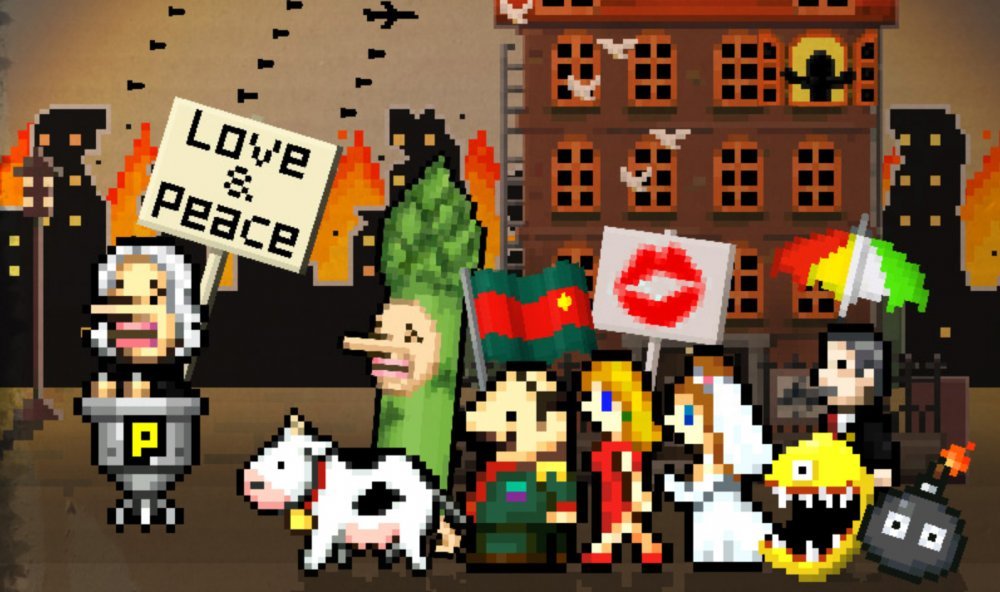I had the wonderful opportunity to hang out with and talk to veteran Japanese developer Yoshiro Kimura.
We talked up his influences, the games he’s worked on, his new Onion Games studio, challenging the dreaded freemium market, and more!
You can find our interview below:
Niche Gamer: I’m here with storied Japanese developer Yoshiro Kimura. Could you give us a bit about your background, the games you’ve worked on, and why you jumped ship and went indie?
Yoshiro Kimura: [laughter] I can easily explain. I spent a lot of time in the Japanese video game industry, over 25 years ago. My first job was working for Square. I was working on a game called Romancing SaGa 2, but I wasn’t happy working there.
I noticed I can’t make my own game there so I said goodbye to Square. After that I really traveled the world a lot. I came back to Japan, worked for a game developer. After this happened, I go up, I go down. Some times I did make my own project, like Chulip or Moon.
The most dangerous, bad atmosphere was in 2012. The Japanese video game industry went after the social game genre. Everybody said ‘Let’s make Farmville’ or something. I didn’t want to do that, so I escaped from the game industry. Really, it was a real shift. I became what they call–I was under pressure and I didn’t know where should I go.
So where did you end up going?
By chance I was in San Francisco, at GDC, and I saw Spelunky, Fez, some others at IGF 2012 and said, “Fuck, these are very good.”
[all laughter]
Really, for the first time in awhile, I was speaking like this, “Oh I love this– it’s very good.” Suddenly I feel calm and I hear a very strong emotion in my mind. “Why am I not doing the same? Why am I giving up making games?” I decided I should make games like this, I should make something like a natural diamond. IGF gave me a good atmosphere, I thought I can do the same. Really, after that I was thinking, “Oh my God, I should put my ideas to a new game.” [laughs]
I thought I should develop my game around complex ideas. Then I started to make Million Onion Hotel, after 2013. I showed this first at BitSummit 2014. That was a happy day, I thought I can finish my game. I went to IndieCade– video game indie people in the U.S. are so kind and nice. I felt a little bit more strongly about the culture with indie games in the U.S., there was no such thing in Japan. [laughs]
Shame there wasn’t a big indie scene in Japan. You felt pressure. Did you consider at one point to go and approach a publisher again and say, “Hey I have this cool idea. Do you want to green light this?”
No. Still, I’m fighting against publishers, because– publishers are okay. Publishers are good. They have money, they have a technique to– properly advertise your game. Something to gather people to my game. Every time I looked for a publisher with a project of mine, like Dandy Dungeon, it was a success. There was a good producer up here, he was a colleague of mine from Square. He sympathized with my Dandy Dungeon idea.
I was making Dandy Dungeon as an indie game. He helped me a lot and I thought, “I can challenge freemium.” I wanted to try it once. What is freemium? What if I sell my title as a freemium game? Whether I say freemium or not is not so important. I thought I could do something different.
Was it really tough to decide if you go paid versus freemium? Even our community, there’s a really big negative stigma for it.
The problem is, making a freemium game, it’s fine to me as an idea. I cannot choose a new game idea as freely. If it needs microtransactions, in that case, its system should be like this, like this, like this.
It could be a very solid idea, but with Dandy Dungeon, I put maximum effort. I put my ideas into a freemium game. It is very weird, even though this is my version of freemium, still this is my game, it’s weird and good. [all laughter]
I’ve played your games, they have really eccentric, crazy, and goofy stuff in them. Are any of them from your own experiences or do you make up things as you go? Like the Japanese salaryman?
Why does a Japanese salaryman love young girls? I don’t know. It’s very natural in Japan. In foreign lands, people think ‘This is wrong. She is too young.’ I know. Japanese people also know she is too young, but why do Japanese guys have a strange dream like this? I don’t know.
[laughs] So it’s only something you’ve found in Japan?
Niche. Japanese are niche in that case.
Niche is a great word. Were there any concerns over how westerners respond to very Japanese themes? Or did you feel like it’s your own project, and you just want to put it out there?
This question is very good because I’m often thinking about this. For example, when the Japanese indie video game movement happened, the people said things like, “We must go after the world. We should release a great game without much localization cost.”
This is something very wrong. Localize, translating.
There have been a lot of examples of localizations that have gone wrong. They’ve removed things.
From this view, you’re very correct. They said if I make a shooting game without a localization, we don’t need do the words for shooting game. Like Yamada-kun, he speaks a lot. “I’m a salary man, 36 years old,” He must explain himself. Also, he’s going to eat rice balls a lot. Usually in other countries, people who don’t know about Japan cannot understand what it is, but I don’t mind this [laughs].
For example, I was playing online with others in Ultima, without understanding the culture. Sometime after, I did understand what it is.
Did you feel a connection with western culture from playing mostly with westerners online?
I thought, “Oh, in the U.S., Dungeons & Dragons, it’s very good,” and I started playing tabletop role playing games with others after this connection. This is connecting with other cultures.
The people don’t need to understand wholeheartedly, but the people can understand the salary man, who is 36 years old, and the young girls love.
I can tell you have fun playing with Japanese culture in your games.
People can understand the game like this on the screen, it’s very easy to understand and it’s fun.
This is very important. Japanese developers should not hide our own culture in a game.
For example, on purpose I’m putting a lot of Japanese words in here, like Hikori-san, Aspara-san. Aparagus, I know, but Aspara-san, maybe you cannot understand Aspara-san, [laughs] Marumaru-san. San is like mister, right?
Yes. It’s a very Japanese term and common in anime too. So you want to channel Japanese themes more?
These words, foreigners know, this. I want a Japanese essence, because I’m Japanese, I want to give my indie game to the market as a Japanese person.
That’s awesome! You’re not forgetting your roots.
I cannot become a U.S. or western indie guy, suddenly. I’m Japanese. This is very important.
What are your biggest influences as a creator?
Wow, well this is a difficult question, can I choose one by one for each genre? What a difficult thing to choose.. Video games. My original game was Lode Runner, for the Apple II, by Douglas Smith. I was reading something about Douglas Smith, do you know him?
Yes [laughs]. He’s a legend, and worked on localizing famous Japanese games too.
He was my hero and I was imitating Lode Runner with my computer when I was 13 years old. It was so fun and I thought, “Oh, I can become a game designer.” [laughs] That was the first time I was thinking it was possible.
Of course, Ultima IV. This foreign-developed game was giving me very strong impressions. I was starting to exchange ideas from outside, from foreign lands, for the first time. Eric Chahi! I met him several years ago, he was great! Another World is great!
That’s a really good game.
With movies, of course I love Japanese crossover things, but I was most strongly influenced by Wim Wenders. Do you know Wim Wenders? He’s a German director and my favorite by him is Wings of Desire, an angel story. Nicholas Cage was in the American one but– my favorite is the German version, by Wim Wenders.
There was also Peter Falk. He appeared as Columbo. It was good. An American movie I like is Smoke, with Harvey Keitel. [laughs]. I love a lot of entertainment. The USA is a mysterious country. From cinema to games, there’s a lot of good atmosphere coming to me, but from the news [laughs]. You can easily think ‘what a dangerous country.’
Coming here to GDC, the people are so nice and everybody loves strange games. What is the real USA? I don’t know.
I mean there’s so many different cultures here. Say with future games, you have that fantasy background. Would you ever consider, even on mobile, a throwback RPG, a retro RPG?
Yes. This is also a theme I like. After I met Toby Fox– Toby Fox came to my studio by the way.
He’s a really awesome guy. When did he visit your studio?
December. [laughs] I respect him very much. I was thinking the same, watching IGF, after playing Undertale. I thought, “Why am I not making something similar?” [laughter]
I can do it too. I thought so. After playing Undertale I feel this pure love from Toby Fox to Japanese RPG’s and a pure love for humanity. I don’t know if I can do the same or not.
But really, Undertale is a miracle. It’s very similar to my taste. When I was making Moon: Remix RPG Adventure for my studio Love-de-Lic, the game is very cut. But maybe no one can play the English version.
I’m familiar with it, but I don’t think it came out in English officially?
Actually I was making the English version a long, long time ago, but after Love-de-Lic vanished, the project also vanished. I remember that.
Undertale, Moon, and even Mother, that Japanese RPG atmosphere is very good. I hope someday I can do that too, but with an RPG, I need spend a lot of time and power and money. I don’t know how can I do that? Kickstarter?
Yes. I was going to say, would you consider like Kickstarter or Indiegogo? Our audience, a lot of fans are very– There’s a negative stigma with Kickstarter. Like with Inafune-san and Mighty No. 9.
This is a video game project. A lot of people are disappointed with that, but in the first moment they had a lot of hope and watched it like a dream. People are now understanding what is giving money to the creator. There can be something good like from Toby Fox, or like Something No. 9.
[laughter] But I respect both. Showing off a Kickstarter is very dangerous for a creator, like a funeral, don’t you think so?
Yes, absolutely! [laughs]
This is a last chance for me. I can make a game if you give me your money. If I cannot reach the goal, how do you interpret that? Like, the fans say “No one wants me to make games anymore,” or something like this.
Would ever consider working with a studio like say Igarashi-san? He’s working with Inti Creates for Bloodstained.
No. I can’t really talk about this properly. Of course I have a mind I can share, I can collaborate with somebody, but I’m not Igarashi-san, I’m not Suzuki-san.
These guys are very famous video game creators, not niche like me. Like Shenmue, other big names, big indies, I respect them, but I’m not their level. I don’t know how much money I can get in a Kickstarter.
Your games are really fun, would you consider just putting games across PC and mobile? There’s even newer Japanese indies, like Ojiro Fumoto, he made the game Downwell.
Moppin? Maybe if I can invent a good idea like Downwell or something. Only if it is good, but I don’t know I can get a good idea or not. The only thing I can say is, I can make my own game with my level of quality constantly.
The most important thing is making a good game continuously, not only once. After Million Onion Hotel, I’m trying to making a consumer game or a PC game maybe. Because we love making games, naturally we started making games again. This is very, very important, how do I explain about my future plan?
Would you say that you are targeting PC for your next title?
Yes. PC, Mac, Switch, PS4, I have no idea. You know the Switch is coming up with market now. I should try to do something, of course Million Onion Hotel can go to the Switch also, because the Switch has a touch pad. The Switch has a lot of the possibility for me.
I did freemium experience with Dandy Dungeon and I understand this is not my world, but still we are working for Dandy Dungeon. There’s a new dungeon up here next May. We are happily working for Dandy Dungeon also, but I think we cannot do freemium again.
You haven’t put Dandy Dungeon or Million Onion Hotel on PC yet, have you considered it?
I’m not so interested to put Dandy Dungeon onto PC.
We have a lot of PC fans.
Really?
Yes. Every Japanese creator I talk to, I ask, “Have you considered PC?”
This is something with the cultural difference I think, we are not playing PC games much.
It’s more of a Western thing I think.
I’m going to do make Dandy Dungeon for– I have no idea. I’ll see what I can do, maybe, but I will make a new game. Dandy Dungeon was done already. Step by step. Of course Kickstarter is one possibility, but if I can do it, I need some help, like a group team, not only our small video game developer. We need English speaking people and web people.
I should not choose this one path, not just Kickstarter. I should also think about workforce, handling the budget, surviving and coming up with good ideas but ultimately making the team happy, and especially making the audience happy.
This element is very important for me. Million Onion Hotel was not a big success, but after releasing Million Onion Hotel I felt the possibility that I can sell our own original video game from Japan, to the world. Well, if we’re not able to do very well, there’s still strong fans, like you. [laughter]
Yes. There’s also been a movement with Japanese creators where they almost focus on the Western audiences more, because the Japanese market is very different. Staying Japanese but for a western market. Is that something you would consider?
I’m focusing on this. Yes, this is a strange thing. People say that we are making games for Japan, or we are making for the world, but I’m making games for the people. Homo sapiens are the same fundamentally. When you feel sad, I’m feeling sad as well, this is the human race.
I’m not thinking for Japanese people specifically or the world specifically.
Million Onion Hotel looks like this. This is not the same as a Japanese video game, right? It’s a very strange experience and this is a very strange game in this world. There is nothing like Million Onion Hotel. You’ll never see the same game and no one can make this game without me [laughs].
I think it’s awesome and I think you should keep on what you’re doing, seriously.
Thank you!
I think that’s all we’ve got for now, this was a really fun interview! Thank you so much!
Onion Games’ latest title, Million Onion Hotel, is available now for Android and for iTunes. Their next title, a unique shoot ’em up named Black Bird, was recently unveiled at this year’s BitSummit – you can read more about it here in our preview for the game.
Niche Gamer regularly interviews developers on a variety of subjects—if you’re a developer and want to chat with us, please contact us!
